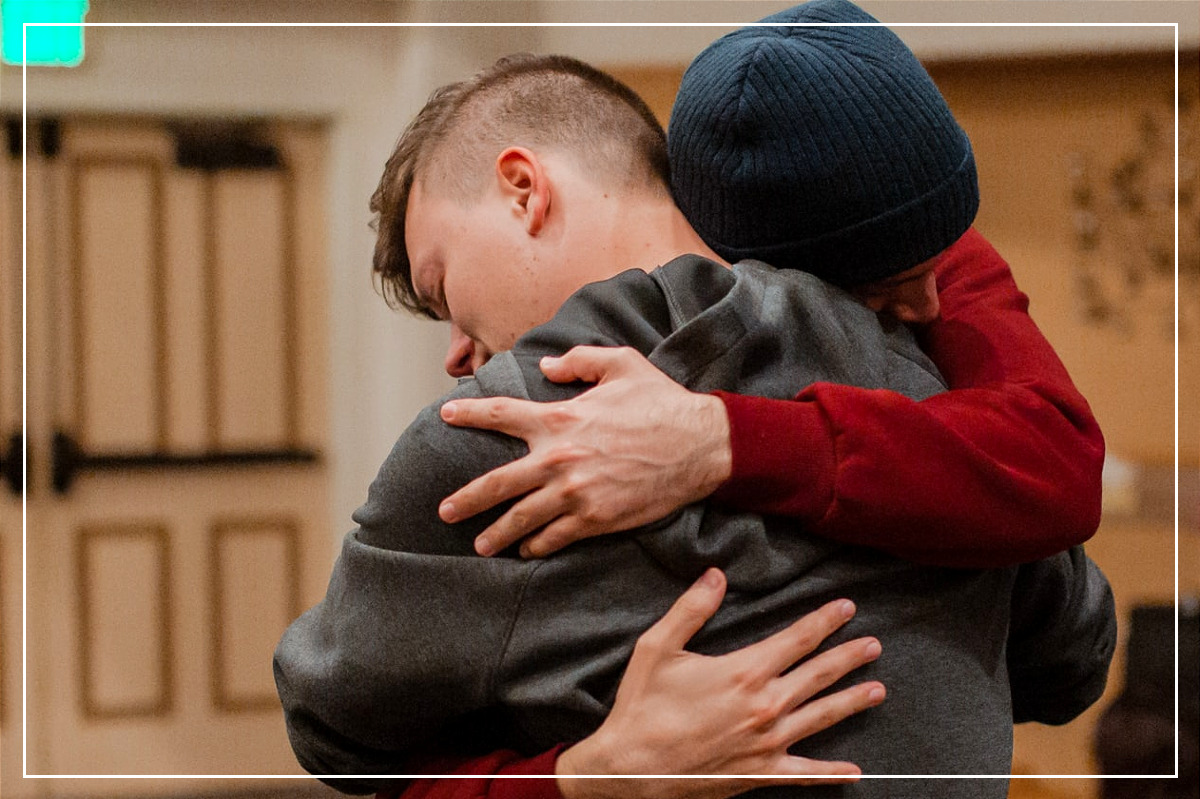
For most of us, it can be difficult to imagine the worst-case scenario happening. When it comes to substance use, you may think you are invincible or, at the very least, believe that overdoses only happen to other people. However, an overdose can happen to anyone at any time, even to people who only take medication as prescribed. Therefore, if you consistently misuse substances, you increase your risk of a drug overdose every day.
What Is Considered an Overdose?
According to MedlinePlus, an overdose happens when you take more than the normal or recommended dose of a substance. Moreover, overdoses can be either intentional or accidental. Intentional or deliberate overconsumption happens when you purposely take more of a drug than you should. Accidental overconsumption, on the other hand, happens when you unintentionally take more than you should.
While overconsumption should never be taken lightly, the effects of an overdose can range in severity from mild to severe, depending on the substance, dosage, and your unique chemical makeup. Therefore, it is important to know the signs and symptoms of a drug overdose.
Signs and Symptoms of an Overdose
As noted by the Centers for Disease Control and Prevention (CDC), overdoses are a leading cause of injury-related deaths in the United State, most occurring from opioids. Some signs and symptoms of an opioid overdose, provided by MedlinePlus, include:
- Cold/clammy skin
- Extremely pale face
- Blue lips and nails
- Limp body
- Vomiting
- Gurgling sounds
- Unable to speak
- Unconsciousness
- Breathing or heartbeat slows or stops
Understanding the risk factors of opioid use can help you see the reality of your own risks.
Causes and Risk Factors
As noted in a 2022 book published by StatPearls, causes of opioid overconsumption are not limited to intentional and accidental overuse. Causes of overconsumption can also include prescription errors and complications due to substance use. Therefore, prolonged substance use can play a role in your increased risk for an overdose. In addition, listed below are some other factors that can increase your risk:
- Increasing your dosage as a result of drug tolerance
- Experiencing relapse after starting sobriety
- Medical conditions
- The presence of co-occurring mental health disorders
- Combining opioids with other sedatives
- Your demographics: Men, young adults, and non-Hispanics are at greater risk of overdose.
Whether it is yourself or a loved one, an overdose can happen to you at any time. Moreover, the risk you take with substance use increases your risk for this deadly condition. However, you can reduce your risk with support.
Finding Support at The Guest House
At The Guest House, we know that ending your substance use can be difficult because your brain and body are wired to seek out feelings of pleasure, happiness, comfort, and reward. However, the pleasure or reward feeling you experience with substances is short-lived and fabricated as you need more and more of the substance to feel any positive emotion. Yet, there are ways to experience positive emotions without substances. At The Guest House, we provide a holistic approach to care that helps you learn how to find joy without substances for your long-term healing.
Substance use can have life-threatening side effects like an overdose. SUD-related overdoses, especially from opioids, are a leading cause of injury-related death in the United States. However, with treatment and support, you can decrease your risk of overdose and death. At The Guest House, we can help you uncover finding joy in life without substances. Through a wide variety of holistic approaches to care, we can support you and your specific needs for long-term healing. Call us today at (855) 483-7800.